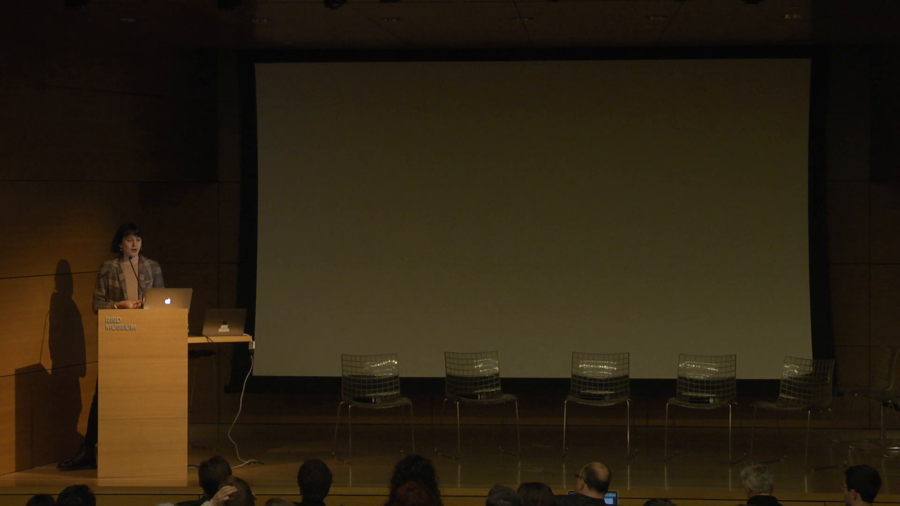I think it’ll probably come as no surprise to anyone here that there have been tensions between labor and environment since at least the 1970s. And this is a major problem we think for the climate movement and for any sort of movement for a Green New Deal to solve.
Archive (Page 1 of 2)
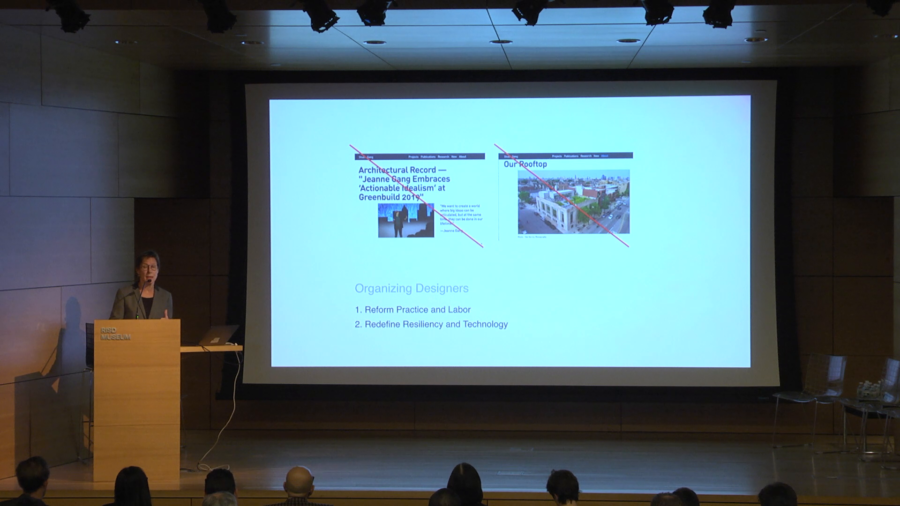
The main thing that we need to be doing is working as a discipline, as a profession, as a unified voice, so that we sit at the table of policymaking and are believed as not just ambulance-chasers for work for ourselves but as people with knowledge and whatever embeddedness in the community, and our design expertise within the community is absolutely essential.
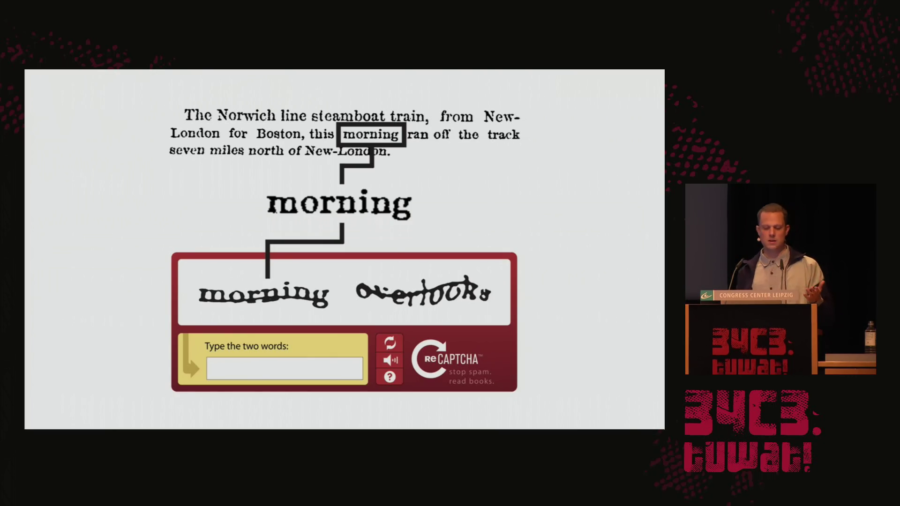
What is this condition? I would summarize it as people extending computational systems by offering their bodies, their senses, and their cognition. And specifically, bodies and minds that can be easily plugged in and later easily be discarded. So bodies and minds algorithmically managed and under the permanent pressure of constant availability, efficiency, and perpetual self-optimization.
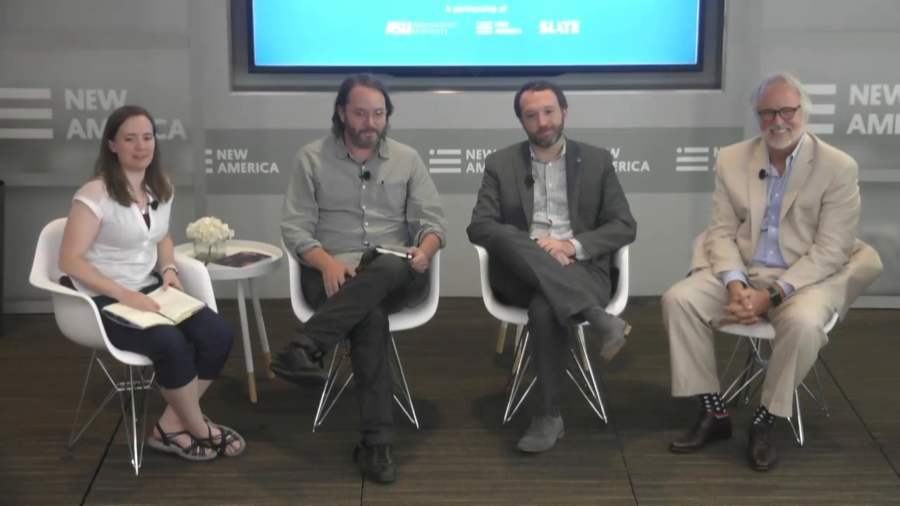
Community is always part of a system that we sometimes can or cannot see or recognize. And in Gerard O’Neill’s proposals for these islands in space, those communities…were supposed to perform a very specific function in a larger system. They were supposed to be experiments.
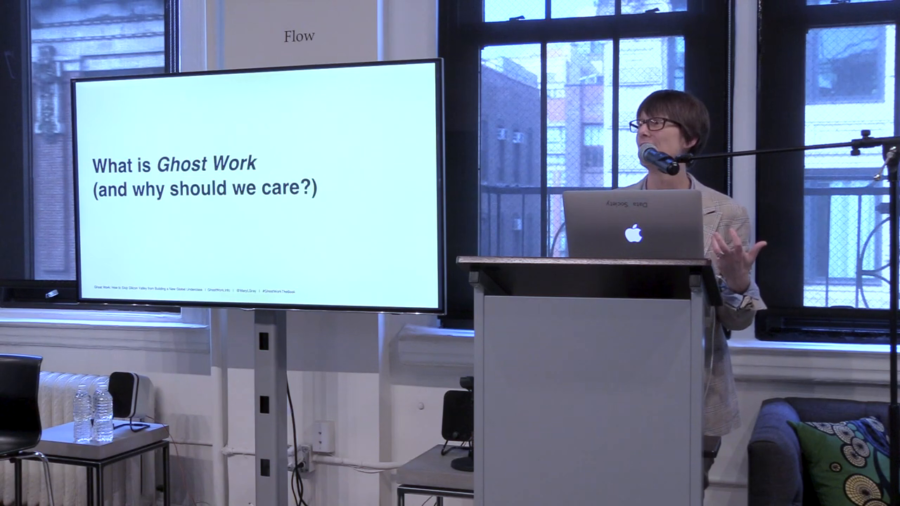
I’m just going to say it, I would like to completely blow up employment classification as we know it. I do not think that defining full-time work as the place where you get benefits, and part-time work as the place where you have to fight to get a full-time job, is an appropriate way of addressing this labor market.
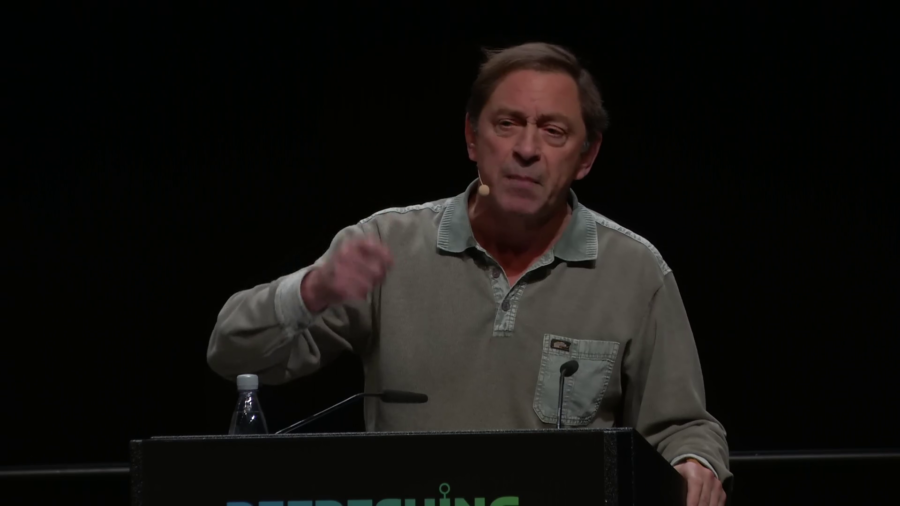
In a book that I wrote in 2011, on page one I said that unless the insecurities, and the fears, and the aspirations of the precariat were addressed as a matter of urgency, we would see the emergence of a political monster. You will not be surprised that in November 2016 I received a lot of emails from around the world from people who said, “The monster has arrived.”
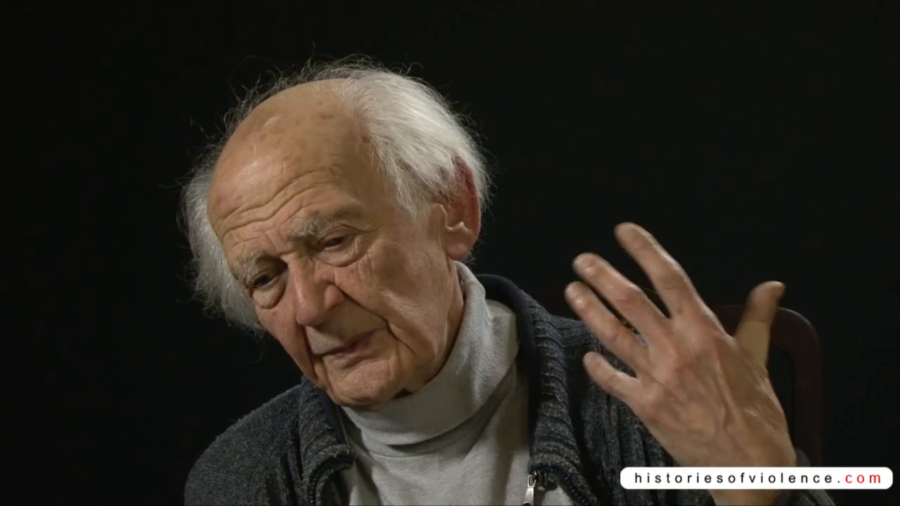
In pre-modern societies there was no idea of waste; everything was going back into life—recycled, as we would say today. If there were more children coming into the world in a family, then obviously there was room for them, and extra work somewhere in the farmyard, in the field, in the stable. And of course a place around the table. So the idea of being redundant, having no place in society, simply didn’t occur.
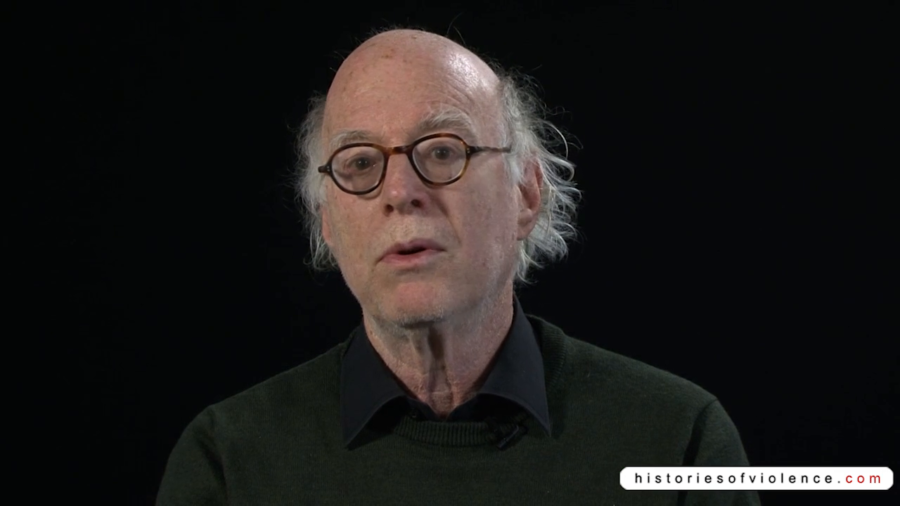
In the world of labor and work, the phrase “disposable life” refers to a new wrinkle in neoliberal capitalism. And that wrinkle is that it’s cheaper to dispose of workers in Europe and America than it’s ever been in the past.
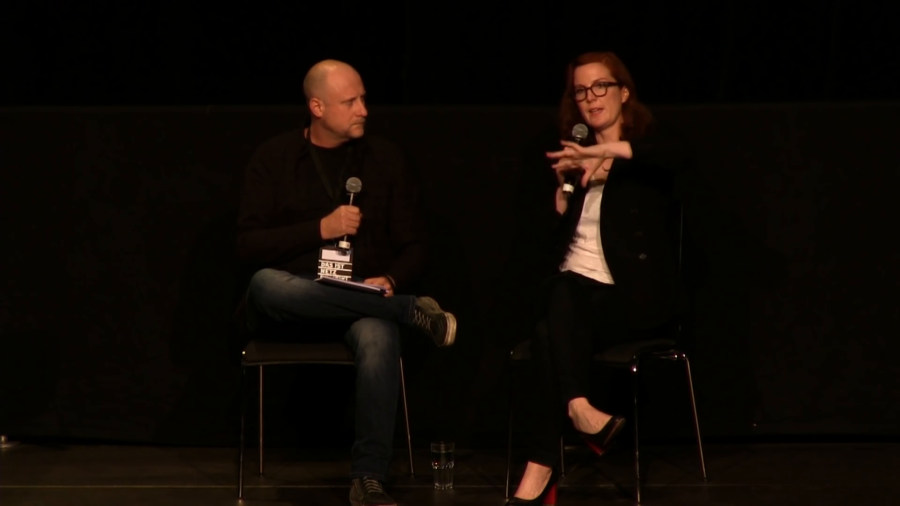
The big concerns that I have about artificial intelligence are really not about the Singularity, which frankly computer scientists say is…if it’s possible at all it’s hundreds of years away. I’m actually much more interested in the effects that we are seeing of AI now.
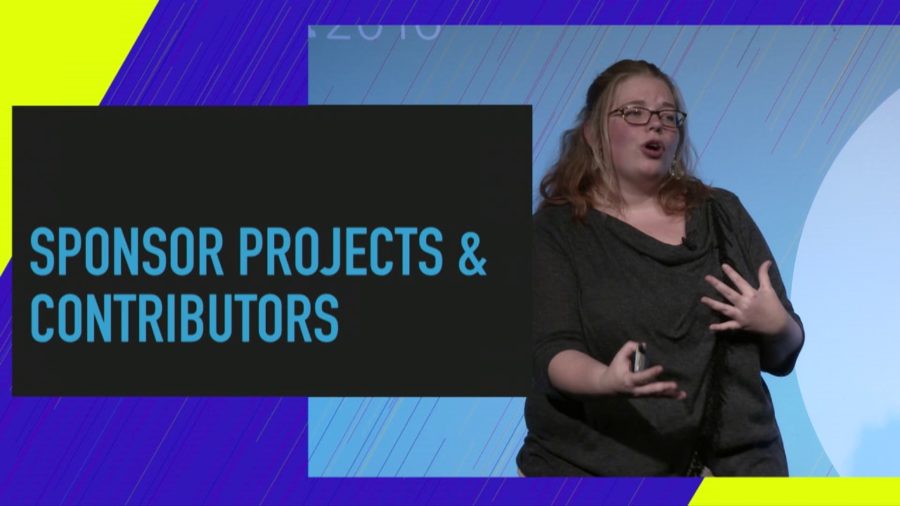
This talk is more about the coercion of labor into open source software. So I want to take a critical look at how we can engage businesses and other stakeholders in technology companies to begin to create a more equal and sustainable environment for all people contributing to open source.

